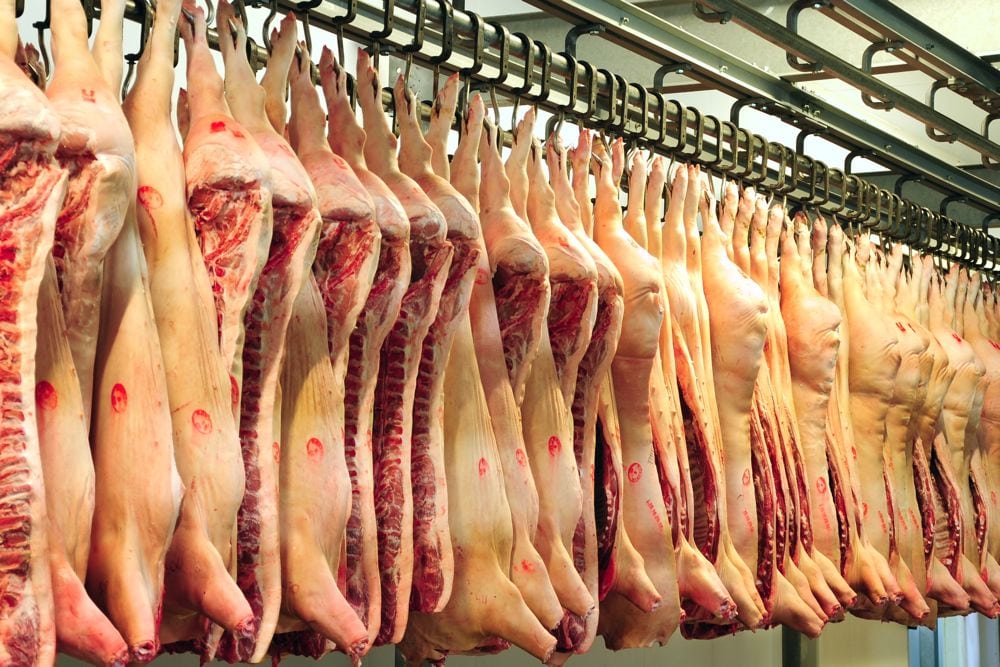Des Moines | Reuters — More than 14 per cent of US$140 billion in annual U.S. farm exports have been or are likely to be hit by retaliatory tariffs in trade disputes with countries such as China and Mexico, a top U.S. trade negotiator said on Thursday.
Mexico imposed tariffs on U,S, products ranging from steel to pork and bourbon on Tuesday, striking back against import duties on steel and aluminum imposed by U.S. President Donald Trump.
The duties raised trade tensions and further complicated efforts to renegotiate the trillion-dollar North American Free Trade Agreement between Canada, the U.S. and Mexico. Trump blames the 1994 pact for U.S. manufacturing job losses to lower-cost Mexico.
Read Also

Alberta crop conditions improve: report
Varied precipitation and warm temperatures were generally beneficial for crop development across Alberta during the week ended July 8, according to the latest provincial crop report released July 11.
Mexico is the largest export market for U.S. pork, the product likely being targeted for retaliatory tariffs more than any other commodity, said Gregg Doud, the chief agricultural negotiator for the U.S. Trade Representative. “We’ve got to get this NAFTA thing sorted out,” he told a room full of hog farmers attending the World Pork Expo.
China has also imposed tariffs on U.S. pork and other products. It was the second-largest destination for U.S. pork by volume last year.
Trump has threatened tariffs on up to US$150 billion of Chinese exports as part of a different dispute over Chinese intellectual property (IP) protections.
Separately, Trump has withdrawn from a multilateral Trans-Pacific Partnership (TPP) promoted by Japan, the top destination for U.S. chilled and frozen beef. Europe is expected to become a bigger competitor to U.S. meat in Japan unless Washington strikes a new deal with Tokyo.
“I am very concerned about the situation with Japan,” Doud said.
A bright spot for U.S. pork is an agreement that allows U.S. pork exporters to ship meat to Argentina for the first time in 26 years, Doud said.
“These things now that we have to fix are very, very difficult,” he said. “This is going to get a little more difficult here in the short term.”
Ty Rosburg, who transports hogs for a living in Iowa and heard Doud speak, said he worried trade disputes could hurt the farmers who are his customers. Still, he said he believed U.S. officials were attempting to improve trade.
“I guess at some point you have to trust they’re working for the greater good and hope that we don’t get bit too bad,” he said.
— Reporting for Reuters by Tom Polansek in Des Moines. For more from the 2018 World Pork Expo, follow the Western Producer’s Ed White on Twitter at @EdWhiteMarkets.
















